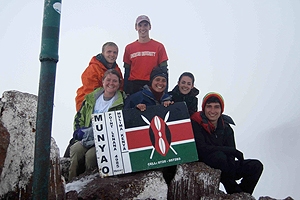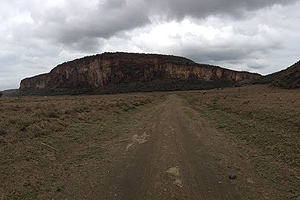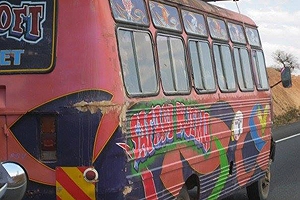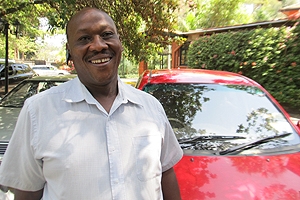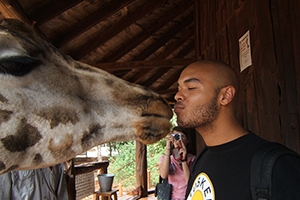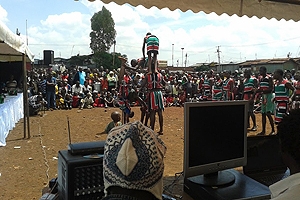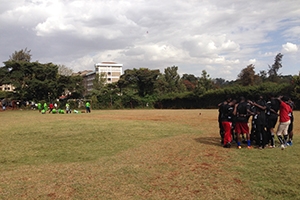Shopping
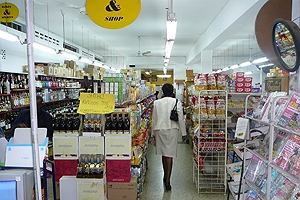
Shopping opportunities in Kenya are plentiful, as the country offers a wide range of products and services, depending on the needs of the customers.
Grocery stores can be just as large as Super Target, with a dizzying array of food staples and delicacies, for very affordable prices. Malls offer a sort of western style experience, although what they sell is often times much more expensive than what you would find in the States. These prices are set and are not negotiable.
In Kenya and especially Nairobi, open air markets are the fun way to practice your Kiswahili by bargaining your way through finding treasures you’ll cherish. You must bargain in these kind of colorful and engaging environments, or you’re not doing it right!
Here are some practical terms and descriptions for the two largest market choices in Nairobi:
Mitumba Markets
Mitumba is another name for second-hand clothing or accessories, usually donated from countries such as the United States and sold for a profit by Kenyan sellers. You might find brand names such as Guess or Gucci in a pile of clothing that you need to rifle through, for a fraction of the price you would pay if you bought it new. You might find a particular mitumba seller who will find and hold items they think you will like and want to purchase if you are repeat customer. The mitumba industry in Kenyan can be a hot-button issue for those who study development, but it's not an industry that's going to go away quickly.
Maasai Markets
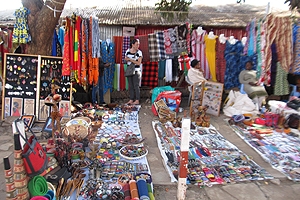
Maasai markets are located at specific locations on specific days all throughout Nairobi, and are hosted by a variety of sellers (not just the Maasai). They carry handicrafts and cloth from a variety of places throughout the continent, from rubber bangle bracelets from west Africa, to Congolese wood masks, to large artistic paintings and Maasai necklaces. These markets are curio paradise!
